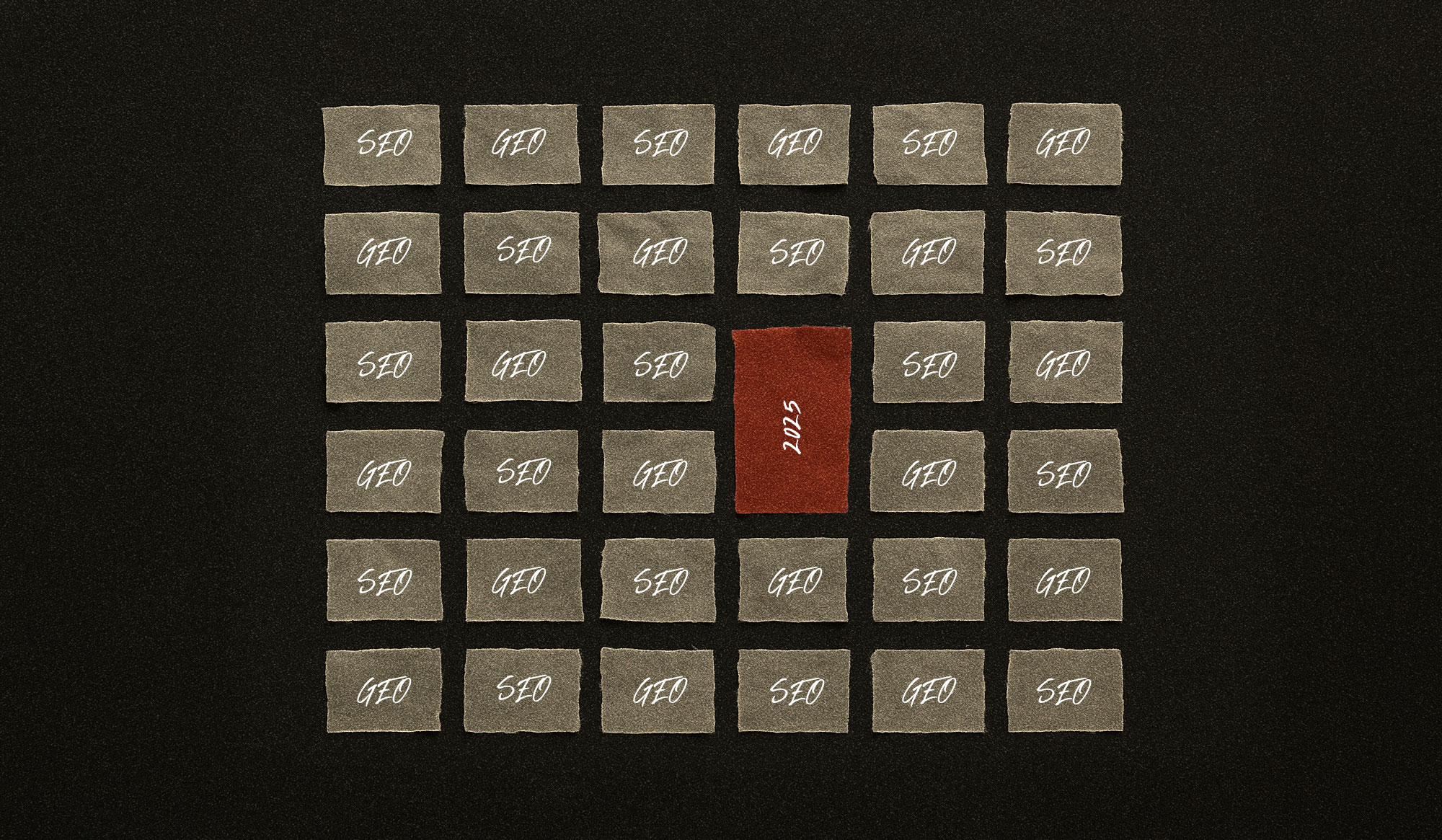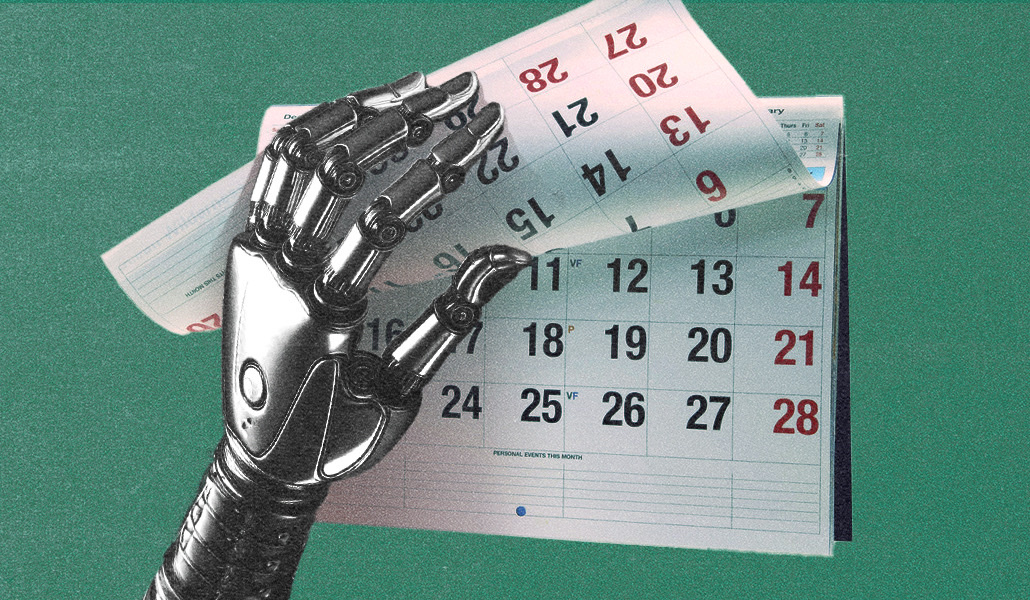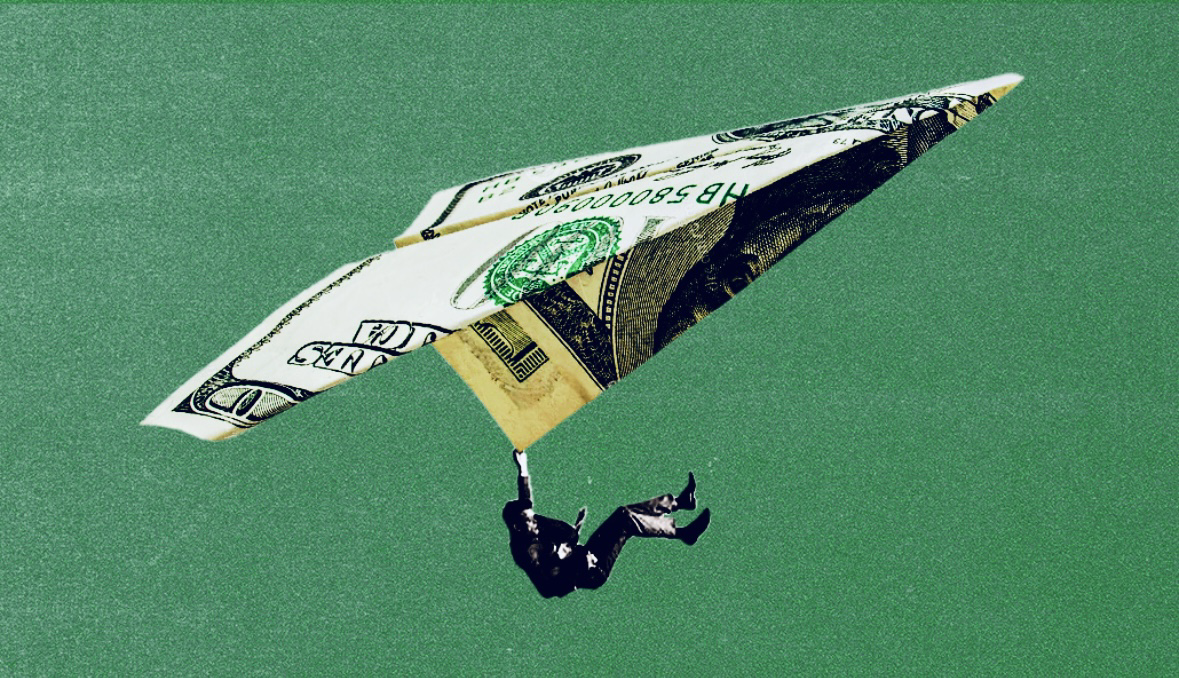#publisher-revenue
#publisher-revenue
[ follow ]
#digital-advertising #subscriptions #ai-licensing #ai-training-data #google #ai-overviews #web-traffic #robotstxt
fromDigiday
2 weeks agoIn Graphic Detail: AI licensing deals, protection measures aren't slowing web scraping
New data is reinforcing a structural shift in how AI systems access publisher content: AI models are increasingly scraping publisher content, regardless of bot-blocking measures or content licensing deals meant to control usage, improve attribution or drive referral traffic. New research from analytics firms and bot-tracking companies shows AI tools are increasingly crawling publisher sites as inputs for AI-generated summaries and training, while sending back only limited referral traffic.
Artificial intelligence
Artificial intelligence
fromSearch Engine Roundtable
3 weeks agoMicrosoft Publisher Content Marketplace To License Content For AI Systems
Microsoft's Publisher Content Marketplace pays publishers for licensed premium content used to improve AI systems while giving publishers control over licensing and usage.
Artificial intelligence
fromAdExchanger
1 month agoThe AI Search Reckoning Is Dismantling Open Web Traffic - And Publishers May Never Recover | AdExchanger
Generative AI-driven zero-click answers and AI overviews have caused massive publisher referral traffic and revenue declines, forcing closures and shifting ad spend to walled gardens.
Intellectual property law
fromTechCrunch
2 months agoCreative Commons announces tentative support for AI 'pay-to-crawl' systems | TechCrunch
Creative Commons cautiously supports pay-to-crawl systems to automate compensation for website content accessed by AI crawlers, aiming to help publishers recover lost search-driven revenue.
Marketing tech
fromThe Drum
2 months agoRubicon Project taps Metamarkets to provide interactive programmatic analytics for media buyers
Metamarkets partnered with Rubicon Project to provide interactive programmatic-marketing analytics dashboards to Rubicon buyers, enabling real-time inventory discovery, campaign optimization and increased publisher revenue.
fromDigiday
2 months agoFrom lawsuits to lobbying: How publishers are fighting AI
This week, a U.K. coalition comprised of the Independent Publishers Alliance, non-profit tech-justice company Foxglove, and non-profit advocacy group Movement for the Open Web revealed that they have kicked off a lobbying effort with the Department of Justice, in the hope that the U.S. regulator will hear their evidence for why and how Google's AI Overviews has caused "substantial and irreparable harm" to independent publishers' traffic and revenue.
Artificial intelligence
fromFortune
3 months agoCloudflare CEO says Google is abusing its monopoly in search to feed its AI | Fortune
"The great patron of the internet for the last 27 years was Google. The great villain of the internet today is also Google," Prince said. He claimed that in the past, for every two pages that Google crawled to inform its search engine, it would, on average, send one visitor to those sites-traffic that publishers can monetise with advertising.
Artificial intelligence
fromDigiday
3 months agoMedia Briefing: Publishers turn to paid audience acquisition tactics to tackle traffic losses
It's getting harder for publishers to get traffic from organic search. For some publishers, that means they have to spend more money to get people to come to their sites, through paid audience acquisition tactics - like ads to promote their content - and traffic arbitrage. Publishers didn't mince words when they described the pain of declining search referral traffic at the Digiday Publishing Summit Europe last month. Less traffic means fewereyeballs to serve ads to - an existential threat to some publishers' businesses.
Media industry
Online marketing
fromAdExchanger
3 months agoAI Slop Is The New MFA, And We All Need To Fight It | AdExchanger
Low-quality AI-generated content floods the web, wastes ad budgets, undermines publishers, and requires blocking gaming-focused sites while preserving credible, fact-checked AI-enhanced reporting.
fromArs Technica
4 months agoInside the web infrastructure revolt over Google's AI Overviews
The new change, which Cloudflare calls its Content Signals Policy, happened after publishers and other companies that depend on web traffic have cried foul over Google's AI Overviews and similar AI answer engines, saying they are sharply cutting those companies' path to revenue because they don't send traffic back to the source of the information. There have been lawsuits, efforts to kick-start new marketplaces to ensure compensation, and more-
Tech industry
fromstupidDOPE | Est. 2008
4 months agoWhy After 17 Years in Publishing, I'm Still Skeptical About Affiliate Programs | stupidDOPE | Est. 2008
Affiliate programs are often sold as "partnerships," but for most publishers, they function more like a long-shot gamble. You generate traffic, clicks, and conversions, and then wait to see if the brand's tracking system recognizes your contribution. Spoiler alert: it often doesn't. Ad blockers, private browsing, cookie restrictions, and platform bias all eat away at affiliate tracking. Even when a publisher does everything right - driving legitimate traffic to a partner brand - many clicks go unrecorded or uncredited.
Online marketing
fromExchangewire
4 months agoPerformics' Rob Georgeson on AI Rewriting the Rules, Publishers' Dwindling Traffic, and Diversification
For the better part of two decades, the digital marketing ecosystem has operated on a simple, unspoken contract: content creators make the web interesting, and search engines send them traffic. In exchange, publishers run ads, brands get reach, and users are rewarded with access to "free" content. This intricate dance, orchestrated by Google and Meta's algorithms and monetised through clicks and impressions, has defined countless marketing playbooks. But the mood music is changing faster than ever.
Marketing tech
fromFast Company
5 months agoPublishers are finally going after Google. What happens now?
Media companies have filed so many lawsuits against AI companies over the past two years that the act has become routine. When I report on these in The Media Copilot newsletter, they're often digest items, adding to the pile of publishers who want fair compensation for the content AI labs have ingested to create large language models (LLMs). There are so many that elaborate infographics are required to keep track of them all.
Media industry
Marketing tech
fromDigiday
5 months agoHow media companies are escaping the digital ad tech maze to meet the demand for cross-platform campaigns
Publishers must adopt integrated, interoperable cross-platform ad tech stacks to streamline ad operations, enable outcome-focused campaigns, and maximize digital and cross-platform revenue.
fromExchangewire
5 months agoThe Self-Serve Shift Publishers Can't Afford to Miss - ExchangeWire.com
Advertising tech publishers are striving to maximise their revenue, as the economic climate continues on a precarious trajectory. A large portion of advertisers are tightening their belts, seeking to activate campaigns with reduced budgets, and as a result, directing less spend to publishers. Smaller advertisers particularly are likely to feel the financial pressure, as they attempt to make budgets go as far as possible.
Marketing tech
fromDigiday
5 months agoOverheard during the Digiday publisher town hall
I don't think we've necessarily seen a material change in the cadence of budget flow ... There's definitely shifts and changes - tariffs impact auto, tariffs impact everything. So as macro changes happen, that definitely has an impact on individual marketing plans. But I don't think it's materially - year-over-year - vastly different from where it was before.
Marketing tech
fromAdweek
6 months ago3 Ways AI Could Pay Publishers-And Why They Might Not Work
Answer engines like ChatGPT, Gemini, and Perplexity are replacing traditional search traffic with direct answers, depriving publishers of the revenue they would generate from attracting those visitors to their websites. The shift mirrors the decoupling that occurred with Google News two decades ago, when aggregators began to sever the direct publisher-reader relationship, reshaping the economics of digital media, according to Felix Danczak, head of AI and growth at the venture capital firm Pembroke VCT.
Media industry
[ Load more ]








